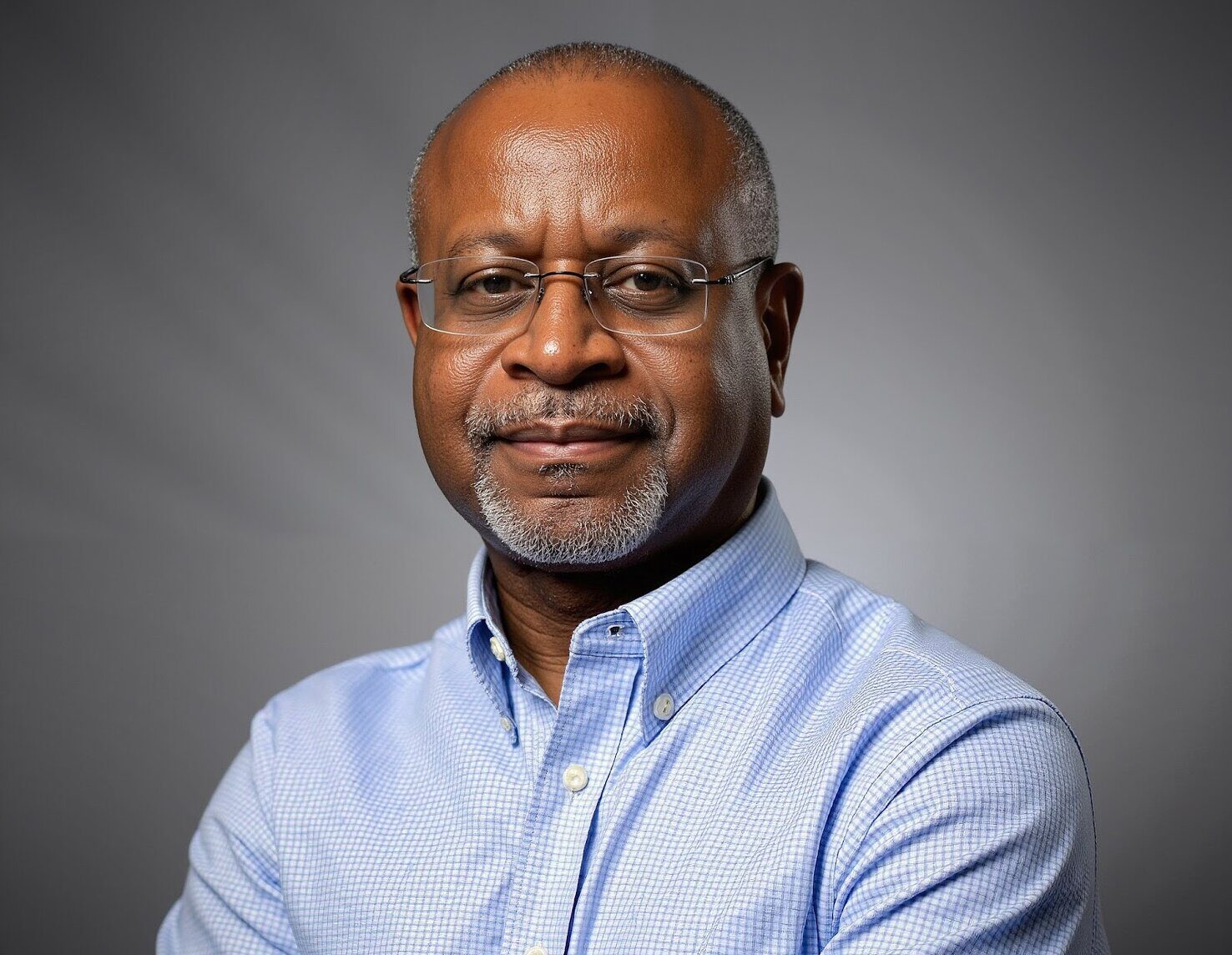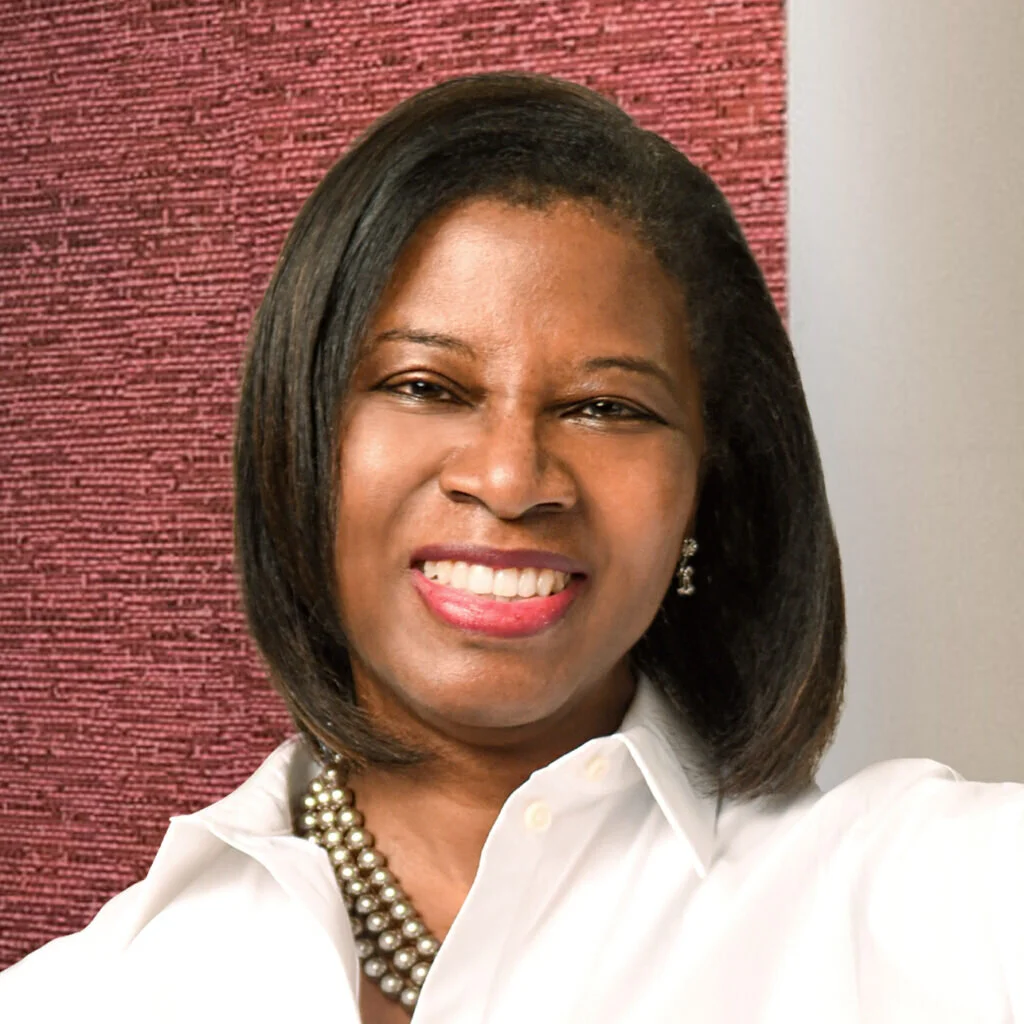Celebrating Black History-Makers: Interview with Philanthropist Alan Bell
Black History-Makers transcend boundaries and redefine possibilities. Through resilience and innovative approaches, these trailblazers illuminate a path toward inclusivity, unity and a shared human experience, shaping a future that reflects the best of humanity. We spotlight Alan Bell, a transformative nonprofit leader whose career exemplifies a steadfast commitment to community and equity.

About Black History-Makers
Alford Group’s Black History-Makers blog series honors leaders who transcend boundaries, shaping history through resilience, innovation and dedication. These trailblazers redefine possibilities for all, fostering inclusivity and unity while leaving lasting legacies in their fields. Their stories highlight a shared journey toward a brighter future that reflects the richness of our humanity. Join us as we celebrate these visionaries, whose impactful work continues to inspire and reshape history in profound ways.
How Alan Bell is Making History
As the youngest of 10, Alan Bell’s upbringing in East Chicago instilled a dedication to giving back. Over his illustrious career, Bell has championed cultural, environmental and urban sustainability initiatives, leaving an indelible mark on organizations like Black Ensemble Theater, Garfield Park Conservatory and Openlands, where he now serves as board chair. Bell is the founder, president and CEO of The Elements Group, a diversified company that focuses on nature-oriented brands, platforms and development projects. He is also a partner at the law firm of Charity & Associates, P.C., with over 30 years of experience in municipal and real estate finance.
Recognized as an inspiration in philanthropy, his work advances equitable opportunities and sustainable futures. Through this interview, Alford Group celebrates Alan Bell as a Black History-Maker.
Who inspired you to become a philanthropist?
As the youngest of 10, I was inspired by my parents, who instilled in me the values of giving back and helping others from a young age.
How has your personal background influenced your approach to giving?
Growing up in East Chicago, Indiana, a gritty, working class and diverse community, I experienced firsthand the challenges faced by people of color and other underrepresented groups, so my approach to giving is deeply rooted in creating equitable opportunities and supporting sustainable communities.
Are there particular issues or communities you feel need your support the most? Why?
I feel a strong commitment to supporting cultural, environmental conservation and urban sustainability projects. I believe that these issues are crucial for the well-being of future generations and for creating healthier, more resilient communities.
What unique challenges have you faced as an African American philanthropist?
As an African American, I have faced challenges such as overcoming stereotypes and biases in the philanthropic world. I have also had to navigate the complexities of balancing my professional responsibilities with my philanthropic endeavors.
How have you overcome them?
By building strong networks, advocating for diversity and inclusion, leveraging my expertise in public finance and real estate and boldly focusing on my purpose in life, I have been able to overcome these challenges, and I believe that my efforts have resulted in lasting and positive impact on people and communities.
How do you hope your philanthropy will impact future generations, both within the African American community and beyond?
I hope that my philanthropy will inspire future generations to continue the work of creating sustainable and equitable communities. I aim to leave a legacy of environmental stewardship and social justice that transcends racial and cultural boundaries.
What are some of your most significant lessons learned throughout your philanthropic journey?
I have learned the importance of collaboration, persistence, and the need to listen to and understand the communities I serve. I have also realized that impactful philanthropy requires a long-term commitment and a willingness to adapt to changing circumstances.
Are there any African American philanthropists or activists who have inspired your work? If so, how?
Yes, I have been inspired by the work of individuals such as John Rogers, Oprah Winfrey, and Michelle and Barack Obama, who have used their resources to create significant social change. Their dedication to education and community empowerment has influenced my own philanthropic efforts.
What strategies do you use to ensure your contributions have a lasting impact?
I focus on investing in projects that have measurable outcomes and long-term benefits, as well as a lasting positive impact on people, the natural environment and the world. I also emphasize the importance of building partnerships with other organizations and leveraging my professional expertise to maximize the impact of my contributions.
What has been the most rewarding aspect of your philanthropy? Why?
The most rewarding aspect for me has been seeing the tangible improvements in the communities I support. Knowing that my efforts have made a positive difference in people’s lives and the environment brings me a deep sense of fulfillment.
As you reflect on the future of philanthropy and Black philanthropy, what are your dreams and hopes?
I dream of a future where philanthropy is more inclusive and where the contributions of African American philanthropists are recognized and celebrated. I hope to see a world where everyone has access to the resources they need to thrive and communities are empowered to create their own sustainable futures.


